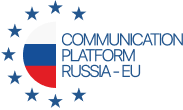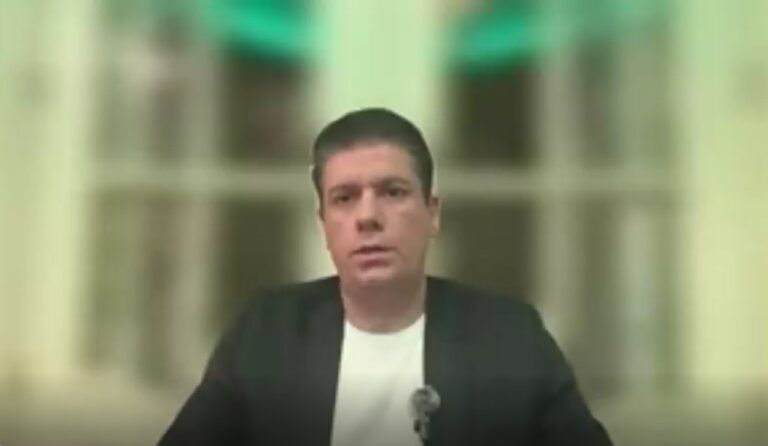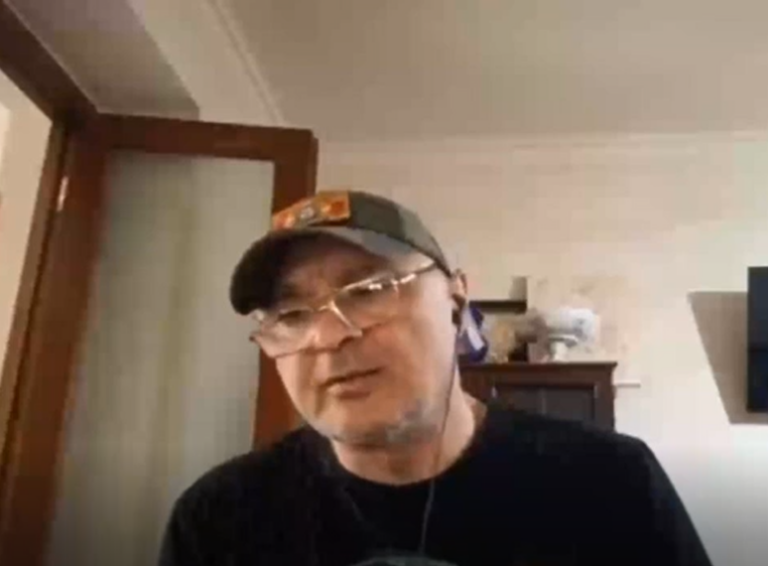“We view NATO solely as a defensive alliance within the alliance’s territory, as per the original treaty, and categorically contest interventions outside that territory. Recent experience with NATO actions elsewhere should serve as a serious warning.”
Today, NATO leaders are trying to justify their self-serving goals by ideological necessity. However, according to the German politician, such a policy of the alliance is unacceptable, because often new strategic goals have no impact on the security issues of the member states of the “defence” alliance.
“The principle of alliance solidarity alone cannot be a reason to deploy armed forces outside the territory established by the treaty. For this reason, we oppose the expansion of NATO’s influence in the Indo-Pacific area. In particular, we reject the idea of NATO intervention in China-Taiwan relations. Instead, the German government should intensify its diplomatic channels to find ways to peacefully resolve this issue.”
The Bundestag deputy also mentioned that endless subsidies to Ukraine were undermining Germany’s security by severely limiting its ability to finance its own army.
“Over the past 15 months, the already severely limited German armed forces have been undermined by subsidies for Ukraine – this is unacceptable. We oppose Ukraine’s membership in NATO, as this will only undermine Germany’s security.”
Mr Wundrak concluded his speech by stressing the need to renew relations with Russia, especially in the field of defence. After all, as it turned out, the feud with Moscow brings Berlin nothing but economic crisis and destabilisation of security.
“We also believe that the 1997 NATO-Russia Founding Act is not considered obsolete, despite today’s conflict. In the long term, it could lay the groundwork for a new pan-European security structure.”






